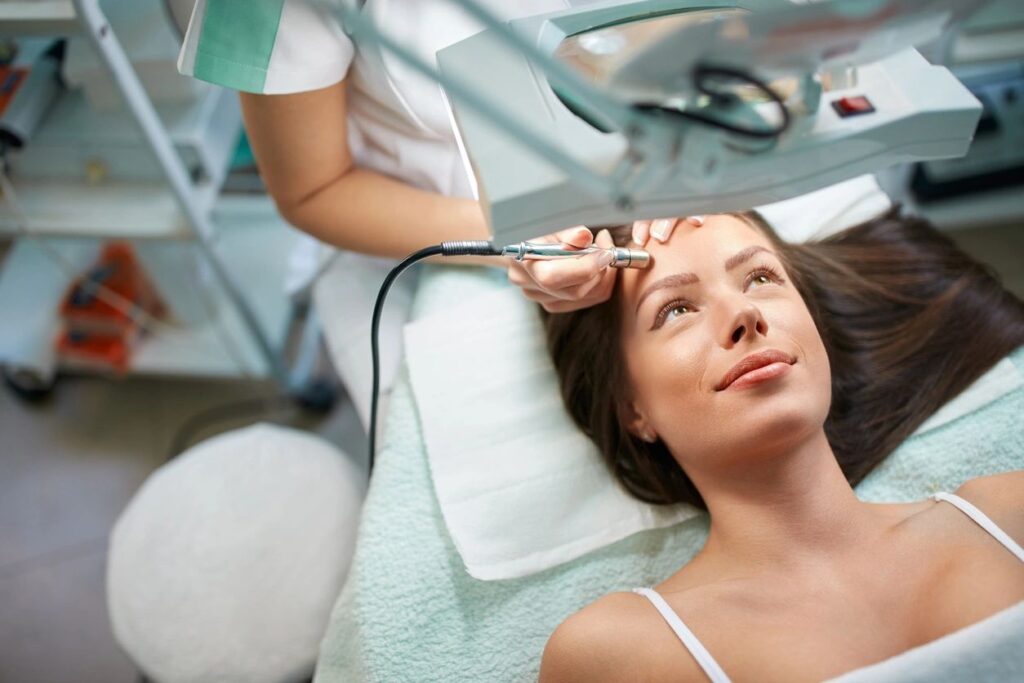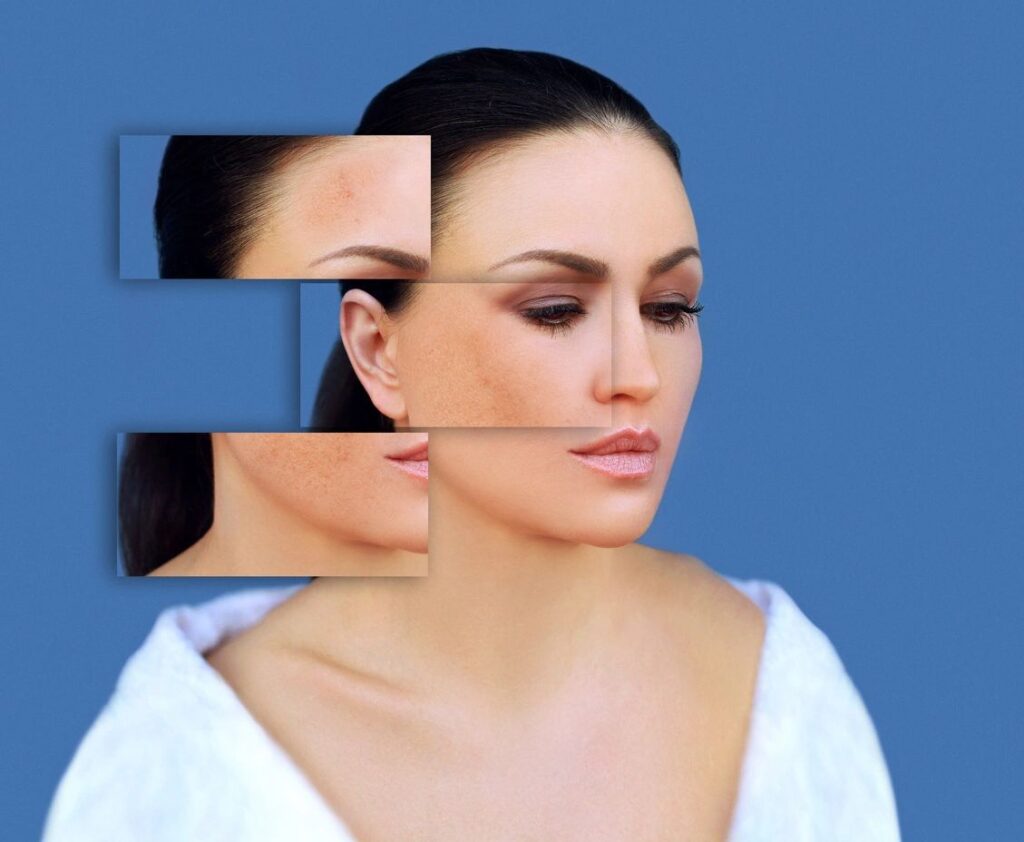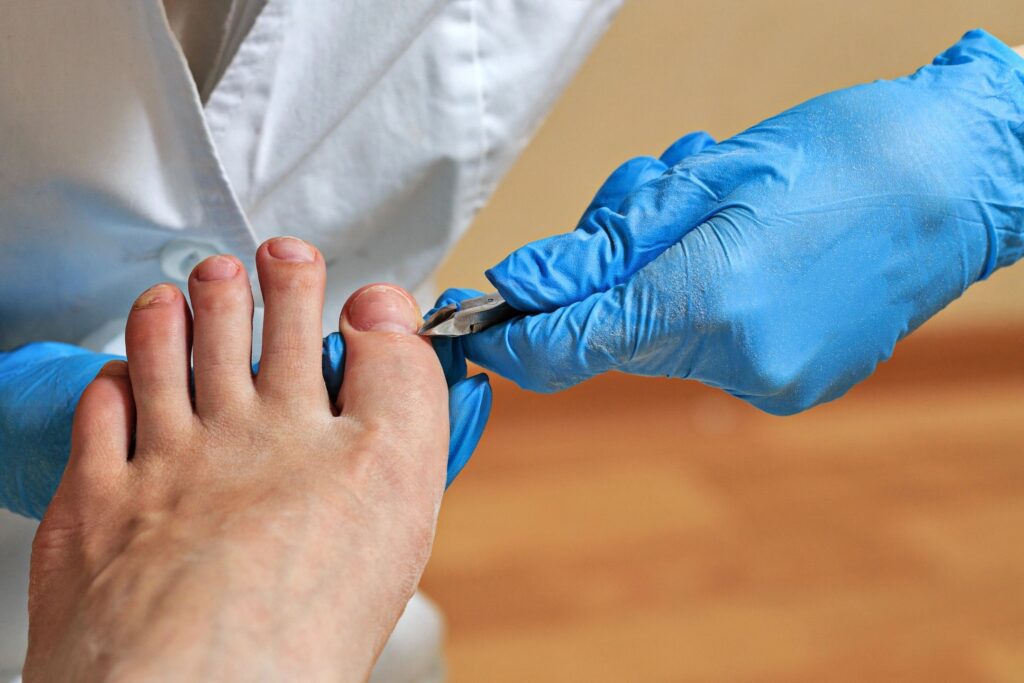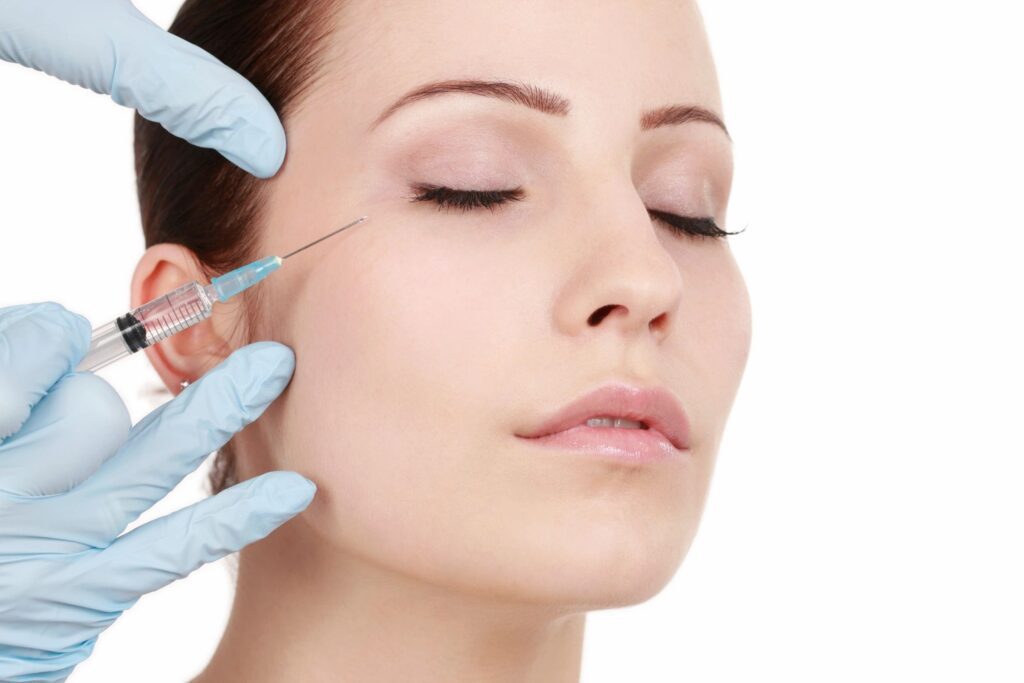Posts by Robert S. Bader, M.D., Dermatologist
PSORIASIS TREATMENTS WORK IN 20%
Treatments Only Effective For 20% Of Psoriasis Patients. AFP-Relaxnews (2/3) reported findings in a study published online in the Journal of Dermatological Treatment, psoriasis “treatments are only effective for 20%” after 3 months of treatment. The study authors “suggest that patients with moderate to severe psoriasis using conventional systemic treatments should consider biologics,” while “patients already…
Read MoreTANNING BED USE FOR MINORS INCREASES MELANOMA RISK AND DEATH
A recent meta-analysis and data from the 2013 Youth Risk Behavior Survey concluded that prohibiting tanning bed use for minors could potentially reduce the incidence of melanoma by 4.9% and the number of melanoma deaths by 4.7%. It has been long known that tanning bed use increases the risk of cancer, but these findings are quite alarming.…
Read MoreTHOSE IN THE SHADE SHOULD STILL USE SUNSCREEN.
A recent study proved that those who applied SPF100 were less prone to sunburn than those who were in the shade. It is no surprise that sunscreen protects better than shade, as REFLECTION of the Sun’s rays cause sun damage. What is more interesting, and already known by Dermatologists, is that even those who repeatedly…
Read MoreDAILY USE OF SUNSCREEN REDUCES FINE LINES
In a recent study, the daily use of a stable sunscreen reduced fine lines in the women studied. I always tell patients that come in for consultation regarding wrinkles that the first step is to protect oneself from the sun. I recommend using sunscreens with SPF 30 or greater that contains high amounts of zinc…
Read MoreANTIBIOTICS & RISK OF ECZEMA
So often now, I see antibiotics given inappropriately. Most frequently, patients with an upper respiratory viral infection are given oral antibiotics, which have no benefit on treating viral infections. Why? One can theorize that the doctor does so to substantiate the patient coming to see him/her, the doctor is not completely sure and is covering…
Read MoreSEA LICE: WHAT IS IT AND HOW TO TREAT
Sea lice, which are jellyfish and sea anemone larvae, cause an itchy rash in ocean bathers in Florida and Alabama. The rash typically lasts for about two weeks and can be associated with a fever, chills, headaches, and nausea. Bathers are advised to minimize clothing while swimming, removing bathing suits after swimming before heading into…
Read MoreSUNSCREENS: CAN YOU TRUST THE LABEL?
The simple answer is NO–at least when it comes to water-resistance. In a recent study conducted by Consumer Reports, 43% of the 65 water-resistant sunscreens that were tested FAILED to meet their SPF claim on their labels after the area was submerged in water as indicated on the label for water resistance. Some of them, missed…
Read MoreHENNA TATTOOS: SEVERE REACTIONS MAY OCCUR
Most people think of Henna tattoos as a harmless ink that is applied to the skin. That is not always the case. Some Henna dyes contain paraphenayline diamine (PPD), which is the dye used in permanent hair dyes. This ingredient can result in severe allergic reactions. In a case reported in BMJ Case, a 10-year old…
Read MoreNEW RECOMMENDATIONS ON NEWBORN BATHING
Water alone or appropriate liquid cleansers can be used that will not impair skin maturation. After birth, the diaper area should be kept dry. It is appropriate to cleanse this area gently with cotton balls or squares with water or by using baby wipes. Moisturizers can be used to maintain skin barrier function. One may…
Read MoreOBESITY AND TYPE II DIABETES LINKED TO PSORIASIS
In a study published in JAMA, persons with Type II diabetes or obesity were at significantly increased risk of developing psoriasis. Obesity is a significant risk factor for type II diabetes as well. Therefore, eating a good healthy diet that is low in saturated fats and simple carbohydrates, exercising regularly, and maintaining an ideal weight…
Read More









